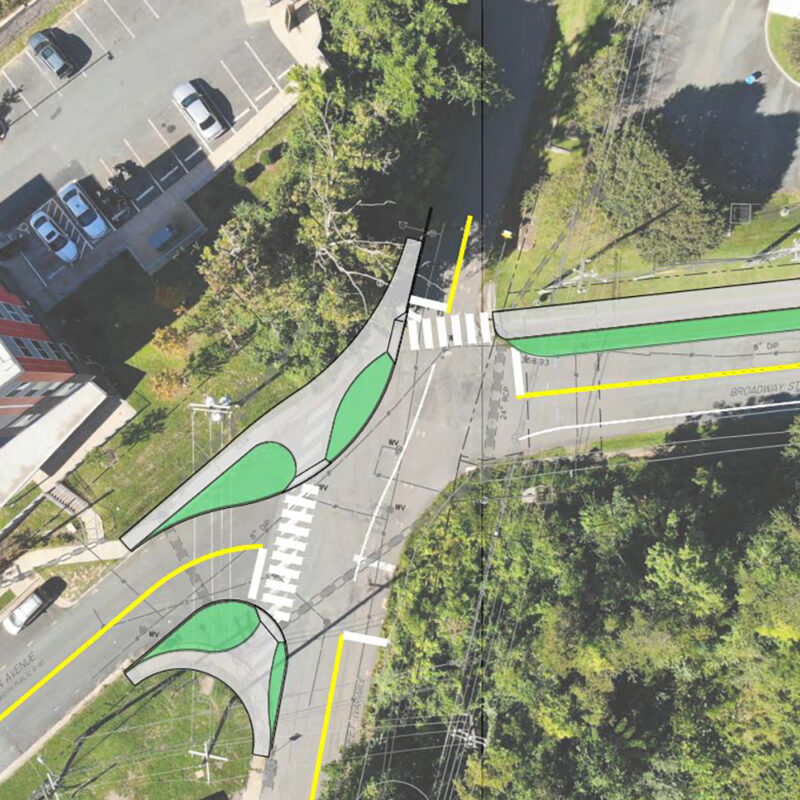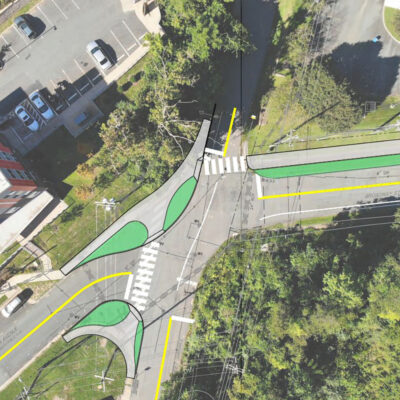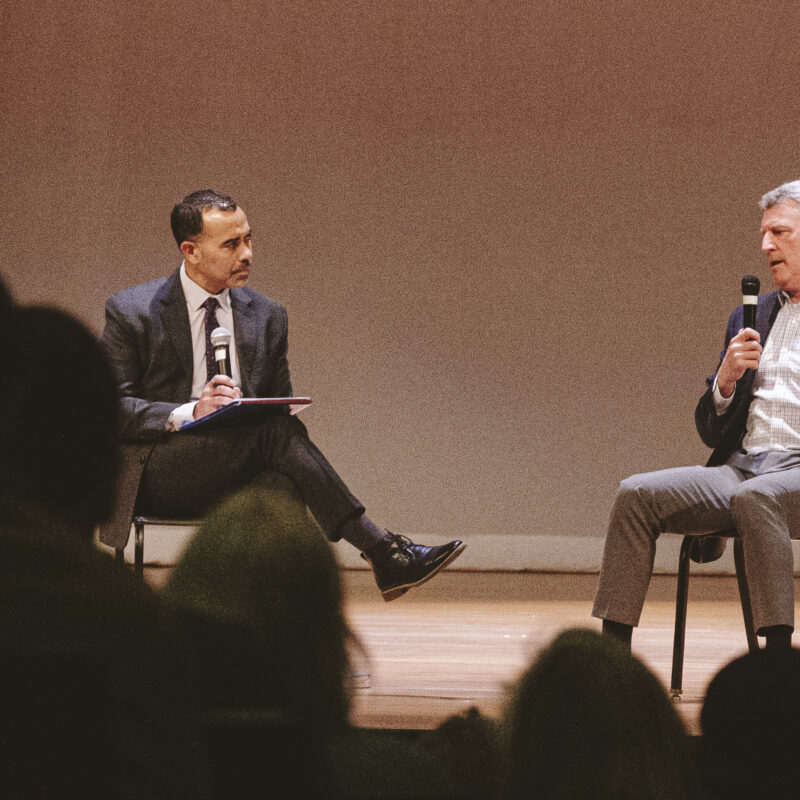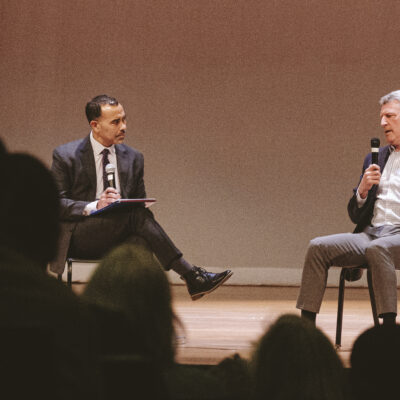When the City reported earlier this month it had a surplus of $9.9 million, people sure were troubled at the idea of all that money sitting around somewhere. “Well, then, why are my real estate taxes so damn high?” and “I sure could think of a few things to do with $9.9 million!” were common refrains. But, actually, surpluses aren’t that unusual. In the past, the City has had surpluses in excess of $8 million. Recent years have seen more modest surpluses of $1.3-3.2 million.

Low-income housing advocate Councilor Dave Norris says not to expect new programs, for the poor or anybody else, to come from the City’s budget surplus.
|
Though the surplus was especially high this year, through complex budget wizardry, the $9.9 million got dissipated into various City funds and departments about as quickly as it materialized. Here’s how:
A budget ordinance first adopted in 1995 by City Council (www.charlottesville.org) and readopted each year says that any surplus funds not needed by departments get rolled over into the Capital Improvement Program Fund, or the CIP. The CIP covers things like sidewalks, parks, facilities and other public works. The Belmont Bridge falling down? Yeah, the CIP should cover that. Of the $9.9 million budget surplus, a whopping $7.8 million is going to the CIP. Over the next five years, Capital Improvement projects will cost an estimated $54.6 million.
The other extra $2 million was needed by various departments for projects in the current fiscal year. There’s not a whole lot of flexibility in doling out this part of the money, says City Councilor Dave Norris. “Reallocations… often don’t lead to new programs being created,” Norris says, leaving little room for turning that $2 million into affordable housing initiatives or other much-discussed programs.
Councilors can do some good through the flexibility of the CIP, though. The Planning Commission will meet December 12 to make recommendations for how to use CIP money. Some could go to affordable housing stock, Norris says.
But the question remains, how did this seemingly excessive surplus come about? This year, the City says it pinched some pennies, saving $3.9 million, and collected a surprise $6 million in sales and other taxes due to a booming economy. (See the City of Charlottesville’s FY 2006-2007 Adopted budget).
The most debated aspect among homeowners was the real estate tax, which actually accounted for less than 10 percent of the total surplus, or $860,656.
Council is still considering the real estate tax rate for next year, fiscal year 2008, but it won’t necessarily be lowered based on this year’s surplus. City Finance Director Bernard Wray says budget-makers can’t base budgets on what happened last year. They have to rely on market variables and policy decisions that could affect revenues.
At least taxpayers can rest easy knowing there’s no room full of money at City Hall.





